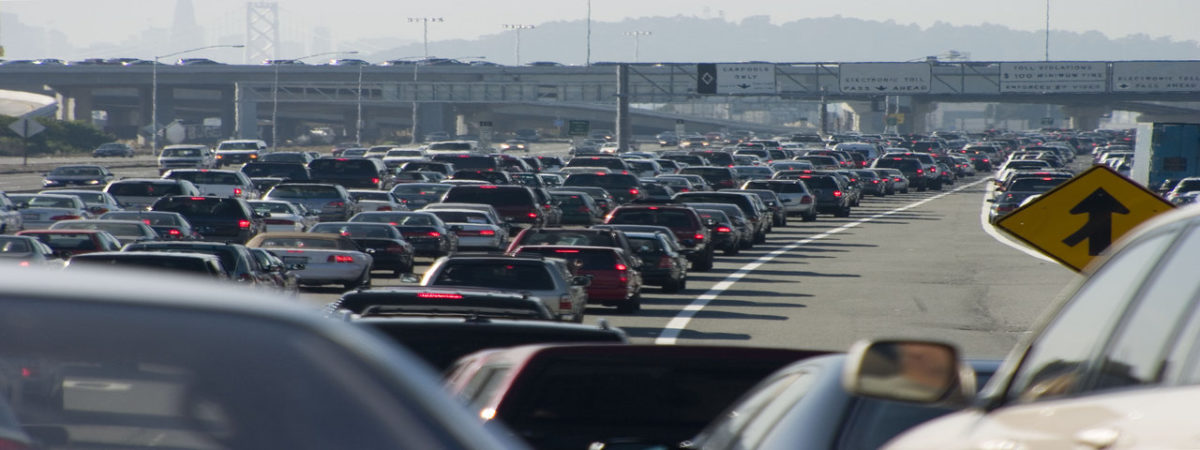To create growth, taxes and government spending must be radically cut
SUGGESTED



But one significant question missing from the debate has been what level of government spending maximises wellbeing, economic growth or—frankly—what level is affordable.
The Institute of Economic Affairs’ Tax and Growth project has looked to do just this—to robustly analyse the levels of both tax and government spending that best support economic growth, and to analyse how the tax system can best raise the necessary funds for government expenditure without distorting the market.
Unsurprisingly to anyone of the free market persuasion, the statistical results show that the implicit assumption of social democrats—that transfers from the “undeserving” (read the rich, smokers, or “capitalists”) to the “deserving” cause no wider burden to the economy—to be incorrect. To be sure, perhaps those on the left do not want economic growth, but if we do the evidence is stark. To create growth, taxes should be radically cut.
It is estimated that for every percent removed from the tax burden on the British economy we would gain 0.1 per cent of economic growth each year. To put it another way, if we were to cut the tax burden to the levels of an anarchic, ungoverned hellhole like Australia we could hope to see almost an extra percentage of economic growth per annum. For a worker on average wage, this extra percentage of growth would be worth more than £8,000 to your pay packet over the next 20 years.
However, as you might imagine, the types of tax can have as much impact as the level of tax when it comes to the effect it has on entrepreneurship, job creation and growth. The UK tax code has tripled in length since 1997, and is more than 10 times longer than Tolstoy’s War and Peace (and 17 times longer than Atlas Shrugged), so there is clearly a lot of work to do to shrink it to something even close to the Hong Kong tax code—which comes in at 276 pages.
More than this, not all taxes are created equal. Council Tax, tobacco and alcohol duties and the BBC license fee disproportionally harm low-income Britons while providing little economic (or health) advantage. Meanwhile, stamp duty, corporation tax and capital gains taxes gum up the economic works and reduce the incentives to buy and sell houses (one of the many reasons for the housing crisis in this country) and build and grow businesses.
With this in mind, the IEA has also created a “Tax Death Row,” a list of some 20 taxes that should be abolished. You can see a full list in our book Taxation, Government Spending and Economic Growth, but taxes slated for abolition include: corporation tax, council tax, stamp duty, air passenger duty, vehicle excise duty, and alcohol, tobacco and gambling duties.
With the UK currently in a state of political and policy upheaval, with a new ministerial team in office and the economic opportunities (and risks) of Brexit in the near future, this work is exciting and radical, a piece of research that charts both why taxes and government spending must be cut and the tax system changed beyond all recognition. If the UK is truly to have an exciting post-Brexit future, these issues must be addressed, and soon.
This article was first published in Prospect.
1 thought on “To create growth, taxes and government spending must be radically cut”
Comments are closed.





Taxes on wealth creation certainly do lower our stock of wealth and welfare. Whereas taxes on natural resources, like location values, allow the market to allocate those resources more efficiently.
Professor Nicholaus Tideman estimated that the UK economy is shrunk by 48% of GDP because of what we tax and what we chose not to tax.
Our tax system only partially addresses the problem of excessive inequality, again caused by choosing to tax wealth creation rather than Land rents.
Together, this unnecessary impoverishment of millions of families creates the need for a large State apparatus and nationalized services like health and education.
I’m sure Mark Littlewood is sincere in his wish for greater economic growth and a smaller State, but the consequences of his political ideology makes the opposite inevitable.